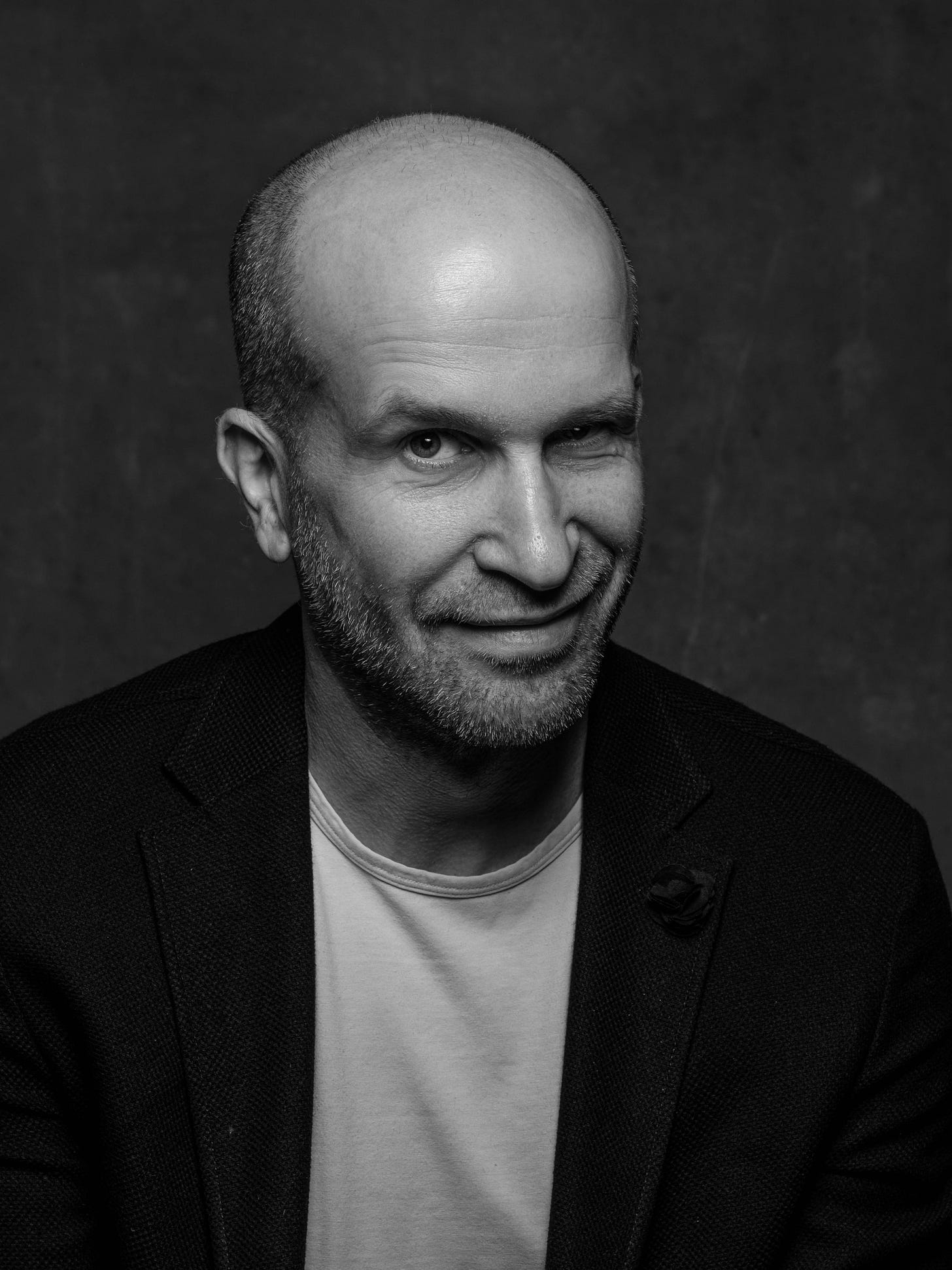You Show What You’re Missing – The Hidden Truth Behind Social Media Perfection
Are social media posts truly a reflection of happiness, success, and confidence—or do they reveal what's missing?

Spending time on social media—especially on platforms where aesthetics take center stage, like Instagram—exposes us to a pervasive phenomenon: the relentless pursuit of appearing as beautiful, successful, and happy as possible.
This is not just self-expression; it’s the curation of an idealized self, often disconnected from reality. We see carefully framed snapshots of luxury, beauty, and success, while the truth behind them is hidden—“like a snake’s legs.” As a result, an observer may assume that the person behind the meticulously crafted profile truly embodies everything they portray.
And, in some ways, they do. If someone posts a picture at a ski resort, we can't say they weren’t there. If they dress elegantly, we can’t claim they lack style. If they share luxurious moments, we can’t deny their experiences. But this is only the surface truth. What about what lies beneath?
The Facade of Perfection and the Emptiness Within
More often than not, inner emptiness and insecurity fuel the need for an idealized self-portrayal. To convince both others and themselves that they are more fulfilled than they actually are, people (perhaps even we?) provide “proof” through social media posts that they are better, happier, and more successful than they truly feel.
Yet, paradoxically, the more someone exaggerates their perfection, the more they reveal their void. A truly fulfilling life doesn’t require relentless showcasing. If what we see—the perfect life, appearance, or achievements—were truly real, it wouldn’t need constant validation.
The truth is simple: This carefully curated facade often signals a lack of the very thing being displayed.
"The richest person in the world is not the one who has the most, but the one who needs the least." – Joseph Simmons
Are They Fake—or Just Human?
It’s crucial to clarify: not everyone who shares their successes on social media is fake or insecure. Many simply want to spread joy, inspire, or celebrate achievements. But when someone persistently highlights what they are not, it raises an important question:
Do they truly accept themselves?
Much of what impresses us on social media—or triggers our envy—often carries an undertone of falsehood. Not necessarily because people are malicious or deceitful, but because, deep down, they are just as insecure as the rest of us.
So, if you ever feel uneasy comparing your life to the seemingly perfect lifestyles of your "competition," take a breath. Chances are, they don’t feel as comfortable in their own skin as they make it seem.
The Real Lesson Isn’t About Them—It’s About Us
This isn’t about exposing or discrediting those we envy. It’s a lesson for us. And it’s an important one.
Why do we sometimes feel bad when we see someone else’s "success," even when we suspect it’s exaggerated or fake? What does that say about us?
If we were truly content with who we are and where we are in life, would we even be affected by someone else’s success?
A negative reaction to another person’s achievements reveals three things:
We still care about the “rules of the game.”
We feel that their success diminishes our own.
We have voluntarily chosen to see ourselves as inferior.
And with that, I’ll stop.
A cup, though emptied, holds the infinite potential to be filled again—and you can fill it up, if you please. Thank you for your support. 💛
About the Author: I am a passionate photographer and a philosopher of both photography and life, a TEDx speaker, a Master of Molecular Biology, and a product manager. I curate two newsletters: Lens Chronicles, where I explore the intersections of photography, travel, and philosophy, and Thoughtful Corner, where I share ideas, reflections, and insights for curious minds. Thank you for taking the time to enjoy my work.





You share an important message. If one has discovered peace and contentment from within and is no longer seeking satisfaction from without then one no longer feels threatened by others’ display of “happiness” through outer means.